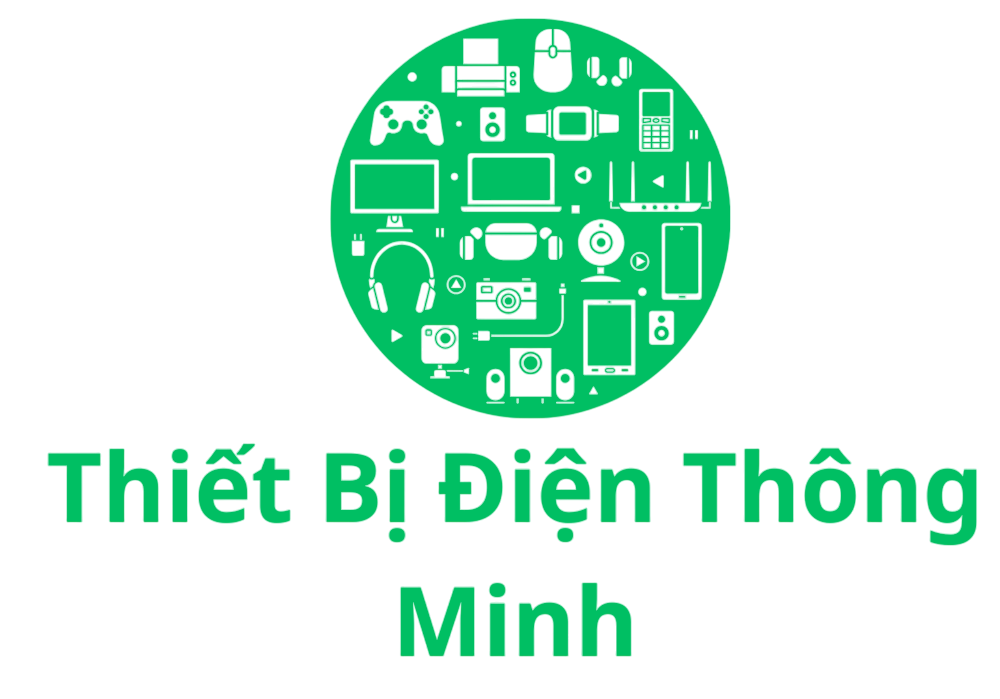The travel industry in 2025 stands at a crossroads of advancement and responsibility. As global tourism surges to pre-pandemic levels, travelers and industry entities alike are maneuvering a landscape transformed by environmental priorities, digital innovations, and shifting consumer preferences.
## Green and Planet-Conscious Travel
The necessity for sustainability has become a cornerstone of modern travel. By 2025, the tourism sector is projected to generate 6.5 billion metric tons of greenhouse gases, necessitating urgent action. Destinations like Costa Rica and Bhutan are leading this charge, with the latter maintaining its status as the world’s only climate-positive country through stringent guest quotas.
Revitalizing tourism models, such as New Zealand’s Māori-led green adventures, are gaining traction. These programs reflect a broader shift: 73% of travelers now prioritize brands with comprehensive green strategies.
## Customization and Bespoke Experiences
Premium tourism in 2025 is synonymous with hyper-personalization. Discerning travelers seek profound experiences adapted to their unique interests. Operators like LuxGroup emphasize “ethical luxury,” blending luxury with traditional engagement.
Artificial Intelligence is reshaping trip planning, enabling flexible agendas that adjust to real-time preferences. This trend corresponds to findings that 64% of luxury travelers prefer customized deals over generic options.
## Combating Overtourism Through Ingenuity
Overtourism remains a pressing issue, prompting travelers to seek “alternative locations” and non-peak period trips. Cities like Ljubljana are reducing congestion through car-free zones and pedal transportation systems.
Administrations are taking action; Amsterdam and Majorca have implemented tourist limits and behavior guidelines to maintain local ecosystems.
## Technology’s Role in Hassle-Free Tourism
AI’s influence spreads beyond personalization into operational efficiency. Chatbots handle 24/7 customer inquiries, while forecasting algorithms optimize flight schedules and hotel pricing. Virtual reality previews allow travelers to “trial” destinations before booking.
Apps like Seven Corners simplify trip management, offering real-time updates on weather, crowds, and transportation delays. Cryptographic recordkeeping enhances clarity in carbon offset programs.
## Extended Visits and Local Integration
The era of rushed itineraries is waning. High-end tourists are averaging two-week stays to deepen cultural connections. Families are increasingly embracing “work trips,” combining remote work with extended stays.
## Experience-Based Travel and Unique Adventures
“Gig-tripping” has exploded, with fans crisscrossing globes for major events. Stargazing travel—exemplified by stargazing in Chile’s Atacama Desert—reflects growing interest in astronomical events.
## Wellbeing and Tech-Free Breaks
Self-care journeys is evolving beyond wellness centers to encompass comprehensive wellness. Digital detoxes combine yoga with organic cuisine, aligning with a 95% surge in demand for wellness-focused itineraries.
## Monetary Tactics and Value-Conscious Travel
Travelers are leveraging loyalty programs and bundled offers to enhance benefits. Credit card rewards are being carefully utilized for premium services, reflecting a shift toward “calculated opulence”.
## Conclusion
The travel landscape of 2025 is defined by its dual nature: a hunger for exploration tempered by ethical accountability. As destinations balance advancement with preservation, stakeholders can ensure tourism remains a bridge—not a obstacle—to a more united and conscientious world.
